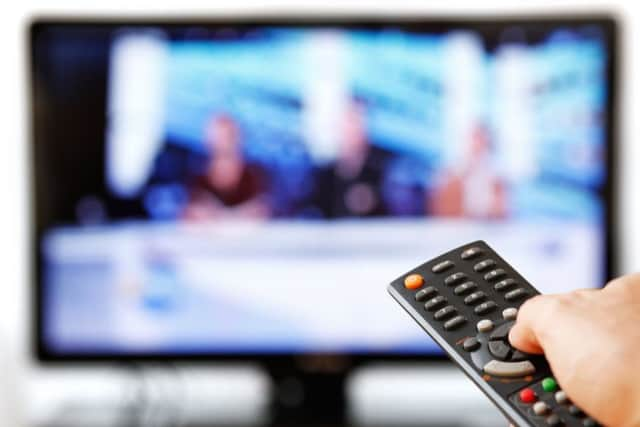Video: Should I own a TV Licence?
The entertainment landscape must be utterly unrecognisable from the days of the first TV Licences.
The licence, which celebrates its 72nd birthday on June 1, cost just £2 for families wealthy enough to own a television set.
Advertisement
Hide AdToday that annual fee has grown to £150.50 and although the TV Licencing website says more homes than ever are purchasing a licence, some still take their chances and risk a £1,000 fine.


Netflix, Now TV and Amazon Prime offer a plethora on-demand content across a multitude of connected devices, leaving many TV sets to gather dust in the corner of the room.
Providers and platforms are evolving so quickly, we thought we’d help you set the record straight on whether or not your home needs a TV Licence.
For example, the TV Licence isn’t just for BBC or Freeview channels - it extends to all live TV services and (as of 2016) BBC iPlayer too.
Equally false is the presumption that simply owning a television set is enough to warrant a licence fee.
In a nutshell, if you watch live TV on any channel, on any TV service provider, on any service and on any platform, record it to watch later or watch it on a delay, you must own a TV Licence.
Advertisement
Hide AdHowever, if your entire entertainment diet consists of streaming services (excluding BBC iPlayer), Sky box sets box and Youtube, with no live viewing on any channel at all, then you may no longer need to pay your licence.
Using information from tvlicencing.co.uk, we’ve outlined what your TV Licence fee pays for, what it covers and what the penalties to help you reach a decision.
